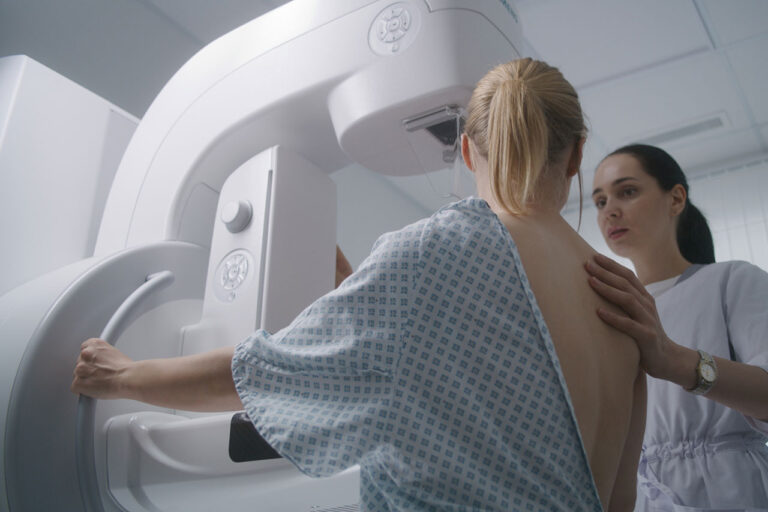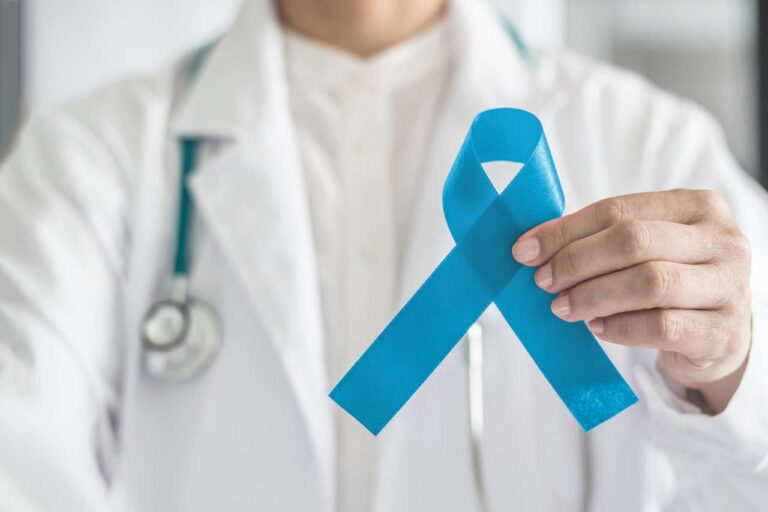
- Jevtana (cabazitaxel) is an FDA-approved chemo medication for advanced prostate cancer.
- Common side effects include low white blood cell count, hair loss, and gastrointestinal issues.
- Jevtana dosing involves intravenous infusions every 3 weeks, with dosage adjustments based on blood counts and the patient’s health.
Get Copay Assistance Now
Jevtana injection is an FDA-approved chemo medication. Doctors prescribe Jevtana with prednisone to treat prostate cancer that has previously been treated with other medications. Learn about Jevtana’s mechanism of action, dosage, side effects, cost, and more in today’s blog.
Important Jevtana Warnings
Premedication: Before each infusion, patients receive an antihistamine, a corticosteroid, and an H2 blocker to help prevent allergic reactions.
Growth-factor support: Primary G-CSF (granulocyte colony-stimulating factor) is recommended for patients at higher risk of neutropenia (such as those aged 65+) and should be considered for all patients receiving the higher 25 mg/m² dose.
Low White Blood Cell Count
Jevtana chemotherapy medication can cause dangerously low levels of white blood cells (infection-fighting blood cells), leading to potentially fatal infections. Men 65 years or older may be at a higher risk of serious infections.
Your healthcare provider will order regular blood tests to check the number of white blood cells during treatment with this medication.
You may need to take a lower dose of Jevtana, take it less often, or stop treatment, depending on your white blood cell count. Also, you may need to take other cancer medications to help prevent complications if your white blood cell count is too low.
Talk to your healthcare provider immediately if you experience:
- Fever
- Cough
- Burning when urinating
- Muscle aches
- Diarrhea
Severe Allergic Reactions
Severe allergic reactions may occur during the first few minutes of starting Jevtana treatment. Talk to your healthcare provider immediately if you experience any of the following symptoms during or after a Jevtana chemo infusion:
- Rash or itching
- Dizziness or fainting
- Tightness in your chest or throat
- Skin redness
- Breathing difficulties
- Swollen face
Every patient receives premedication before each infusion to lower the chance of a reaction.
Severe Stomach and Intestine Problems
This medication may cause severe diarrhea, vomiting, and dehydration, potentially leading to death. Call your healthcare provider immediately if you develop diarrhea, vomiting, or your condition worsens.
Potentially fatal reactions, such as leaks in the stomach/intestine, intestinal blockage, and bleeding in the digestive tract, have been reported during treatment with Jevtana. Call your healthcare provider immediately if you have:
- Severe stomach pain
- Constipation
- Fever
- Blood in the stool
Kidney Failure
Kidney failure may result from severe infection and dehydration during chemotherapy treatment. Call your healthcare provider immediately if you develop:
- Swelling of your face or body
- Decreased urine output
- Blood in urine
Swelling of the Urinary Bladder and Blood in the Urine
Some patients may need to pause or stop an infusion because of severe inflammation of the bladder and blood in the urine. These problems are more likely to occur if you have received pelvic radiation therapy.
Tell your healthcare provider immediately if you have:
- Blood in urine
- Burning or pain when urinating
- Frequent or urgent need to pass urine
Breathing Difficulties
Potentially fatal breathing problems may occur in some individuals, especially among those with lung disease, before starting Jevtana chemo treatment.
Tell your healthcare provider immediately if you have:
- Trouble breathing
- Shortness of breath
- Chest pain
- Cough
- Fever
Speak to a Specialist
About Copay AssistanceBefore Taking Jevtana
Before the first infusion, inform your provider if you:
- Are older than 65
- Had allergic symptoms in the past
- Have kidney, liver, or lung problems
- Are a male with a female partner of childbearing age
Introduction and Uses
Jevtana is a brand-name chemo medication. The active ingredient in this product is cabazitaxel, which is in a medication class called microtubule inhibitors.
Jevtana is FDA-approved to treat males with advanced prostate cancer that:
- Metastasized (spread to other body parts)
- Is resistant to testosterone-lowering medicine or surgery
- Has previously been treated with docetaxel
Get Financial Assistance
Jevtana Mechanism of Action
Jevtana chemotherapy medication is a microtubule inhibitor. Microtubules are cellular components essential for cell division.
During cell division, a cell divides into two identical daughter cells. Microtubules facilitate cell division by splitting cellular components into two. Jevtana blocks the activity of microtubules, which leads to cancer cell death.
Jevtana Chemo Drug Contraindications
You shouldn’t receive this medication if you have:
- Neutrophil counts less than or equal to 1,500/mm3
- A history of severe allergic reactions to this medication or polysorbate 80
- Severe liver disease
Jevtana Dosing
Jevtana is available for prostate cancer patients as a kit that contains:
- Cabazitaxel injection 60 mg/1.5 ml in a single-dose vial. The liquid is viscous and clear yellow to brownish-yellow.
- Diluent 5.7 ml of 13% (w/w) ethanol in water in a single-dose vial. The liquid is clear and colorless.
A healthcare provider will inject Jevtana into your vein (intravenous) over an hour. The recommended dosage is 20 mg/m2 intravenously over an hour every 3 weeks with 10 mg oral prednisone daily throughout the treatment. A higher dose, 25 mg/m2, may be used in some patients.
Your healthcare provider may lower the dose or delay treatment if you have:
- Low white blood cell count
- Diarrhea
- Kidney or liver disorders
Jevtana Side Effects
Common Side Effects

Call your healthcare provider if the following symptoms worsen or don’t go away after Jevtana chemo treatment:
- Heartburn
- Change in taste
- Loss of appetite
- Weight loss
- Swelling or sores in the mouth
- Headache
- Joint, back, or bone pain
- Pain in arms or legs
- Muscle pain or spasms
- Numbness, burning, or tingling in the hands, arms, feet, or legs
- Hair loss
Speak to a Specialist
Serious Side Effects
Call your healthcare provider immediately if you experience the following symptoms or those mentioned in the “Patient Information” section of Jevtana’s package insert:
- Nausea
- Diarrhea
- Vomiting
- Severe stomach pain
- Constipation
- Swelling of the face, arms, hands, feet, ankles, or lower legs
- Decreased amount of urine
- Blood in the urine or stool
- Frequent, burning, or painful urination
- Signs of dehydration, such as decreased sweating and dry skin
- Irregular heartbeat
- Chest pain
- New or worsening cough
- Shortness of breath
- Pale skin
- Unusual tiredness or dizziness
- Easy bruising or bleeding
- Bone fracture
Use During Pregnancy and Lactation
The FDA has approved Jevtana for use only in adult men with advanced prostate cancer. Males with female partners of childbearing age should use effective contraception during Jevtana chemotherapy treatment and for 4 months after the last dose.
Exposure to Jevtana chemo drug during pregnancy may result in harm to the developing baby and even pregnancy loss.
Jevtana Cost
The price of Jevtana can vary depending on your insurance plan, location, and pharmacy. Contact us today if you are interested in receiving financial assistance for Jevtana.
Take Control of Your Condition With AmeriPharma® Specialty
Managing advanced prostate cancer with Jevtana requires comprehensive support and coordination. AmeriPharma® Specialty Pharmacy is here to help you navigate this journey with personalized support.
Our URAC-accredited specialty pharmacy serves over 40 U.S. states and territories, providing hard-to-find medications and at-home treatments. Contact us today to learn how we can support your treatment with full-service coordination and copay assistance.












